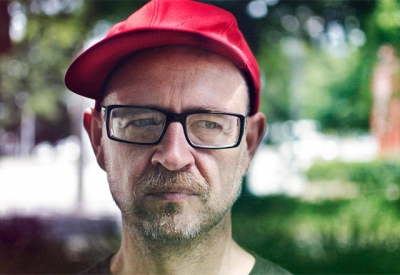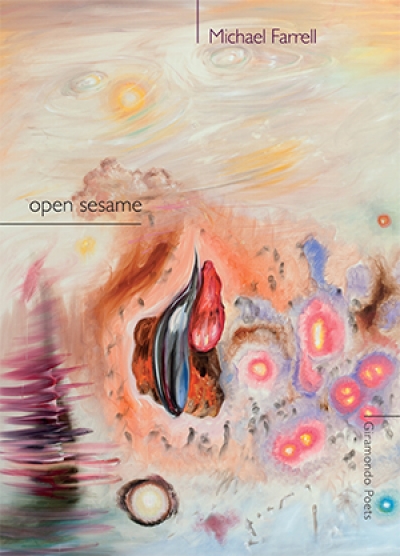Accessibility Tools
- Content scaling 100%
- Font size 100%
- Line height 100%
- Letter spacing 100%
Michael Farrell
The ABR Podcast
Released every Thursday, the ABR podcast features our finest reviews, poetry, fiction, interviews, and commentary.
Subscribe via iTunes, Stitcher, Google, or Spotify, or search for ‘The ABR Podcast’ on your favourite podcast app.
The red thread: Xi Jinping’s ideology of power
by Neil Thomas
This week on The ABR Podcast, Neil Thomas reviews On Xi Jinping: How Xi’s Marxist Nationalism is shaping China and the world by Kevin Rudd. Thomas explains that even China watchers find it hard to be clear on the thoughts and plans of the leader of the Chinese Communist Party. They disagree, he tells us, on basic, critical questions, such as for how long Xi will rule. ‘Enter Kevin Rudd’, Thomas writes. ‘In his latest book, former prime minister Kevin Rudd adds a worthy new chapter to his life of public service, digesting thousands of pages of “Xi Jinping Thought” so that you do not have to’. Neil Thomas is a Fellow on Chinese Politics at Asia Society Policy Institute’s Center for China Analysis in Washington DC. Here is Neil Thomas with 'The red thread: Xi Jinping's ideology of power' by Neil Thomas, published in the December issue of ABR.
Recent episodes:
Like a teacup in a snowstorm I
Find you and break you. A sentry reptile, I advise you
To return quietly to the campfire. You mistakenly took
My interest in theology for a strategy
 Michael Farrell was born in Bombala, NSW and has lived in Melbourne since 1990 (Fitzroy since 2008). His ...
Michael Farrell was born in Bombala, NSW and has lived in Melbourne since 1990 (Fitzroy since 2008). His ...
Angels are made from banksia. They are grown in Prague, are
Exported in all directions, and turn grey in air. They
Only fly in places where the ground is hard. If
You try to count them they turn into numbers. If
You try to call them they turn into names. They
Are not decorative at parties but illustrative, of Guernica, for example
I’m inclined to say poems are triggered, or ‘arrive’, rather than they’re the fruit of inspiration. The poem does have to be written, which is in itself craft. The best poems may need a little tinkering, but on the whole I’d rather not labour away at a sow’s ear. (Though I should say I value a real sow’s ear above a silk purse.)
... (read more)In their crucibles they attempt a new kind of tea
every day, usually through a combination of
Methods, such as the fox method, the hydrangea
method and the sunlight method this is a colour-
You’ve always associated the two terms together
partly due to your reading of Schiller; partly due
to your watching of Kimba. Kimba sublimates
his mother in the water. You’ve always thought





